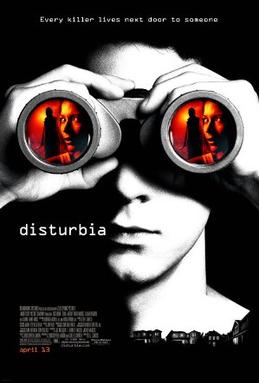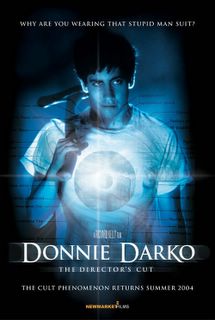Random Soundbites
| "All empires eventually expire and when they finally do it's never pretty. So just sit back and wait for the attacks, especially in the major cities. Please hold my hand Sweetheart. Daddy's got you. Momma's out in the car, and she packed your favorite blue shoes. Here they come exploding like the sun, ringing in my ears like independence. I agree this doesn't favor me. Still bullies ought to get what's coming." --Headphones, "Major Cities" "I think first of all we’ve got to try to realize the effect television has had on our ability to retain information and to have our attention be held on a particular topic. It’s shortened our attention by quite a lot, and the way that we interact with politics has really, it’s just been demolished completely. A couple of things that we need to keep in mind when we’re watching TV and listening to the radio is that the people who run TV and radio are trying to sell us to advertisers, and that impacts directly what kind of programming we hear. If we want to change politics, we’re going to have to change the way that we interact with advertisers, and we’re going to have to change the way that we interact with the consumer world in general. We can’t help but be consumers, but we can be smart about what we do. And I’m not talking about boycotts and stuff like that, although that is appropriate from time to time. It’s just being aware. We’re not obviously in a vacuum here, and the reason why big business runs the country is because we buy so much shit that we don’t need." --David Bazan of Pedro the Lion "I think Bush is a genius. Bush did some things this year nobody in this room could do. No one in this room could pull off. Bush basically reapplied for his job this year. Now can you imagine applying for a job, and while you’re applying for that job, there is a movie in every theatre in the country that shows how much you suck at that job? It’d be hard to get hired, wouldn’t it? I watched Fahrenheit, and I learned some stuff man. Bush did something that you could never get away with at your job, never, ever, ever. You know, when Bush got into office, there was a surplus of money. Now there is like a 70 trillion dollar deficit. Now, just imagine that you work at the Gap. You're closing out your register and you’re 70 trillion dollars short. The average person would get in trouble for something like that, right? Not Bush. No. Then he started a war. That’s cool. Support the troops. He started a war. Now, just imagine that you worked at the Gap. You’re 70 trillion behind on your register and then you start a war with Banana Republic. Cause you say they got toxic tank tops over there. You have the war, people are dying, a thousand Gap employees are dead. That’s right. Bleeding all over the khakis. You finally take over Banana Republic and you find out they never made tanks tops in the first place." --Chris Rock's opening Oscar monologue "As a Christian, if you are not pro-rich, pro-war, then you’re just not a Christian. And I think that we’ve got to blow all that apart, we’ve got to break all that, we’ve got to open that up and find out what the hell is going on. None of that makes any sense. It’s not even a consistent Christian worldview. There’s a lot of work to do in the way Christians think about politics and issues of social justice in this country and internationally. I think we’ve got to be people who know what’s happening in the world, who can apply Scripture to all of it." --Musician Derek Webb paraphrasing Jim Wallis and explaining why his next album may explore American politics "Who's the one to blame for the strain of the vocal chords? Who can pen hateful threats but can't hold a sword? It's the same who complain about the global war, But can't overthrow the local joker that they voted for. They call the shots, but they're not in the line fire. I'd call the cops, but they break in the line of duty. Let’s call a stop to the abuse of authority. The truth keeps calling me, and I’m a live to tell the story. So look for truth. Quit seeking forgiveness. You need to cut the noose, but you don't believe in scissors. You support the troops by wearing yellow ribbons? Just bring home my motherfuckin’ brothers and sisters." --Rapper Sage Francis, "Slow Down Ghandi" |


















